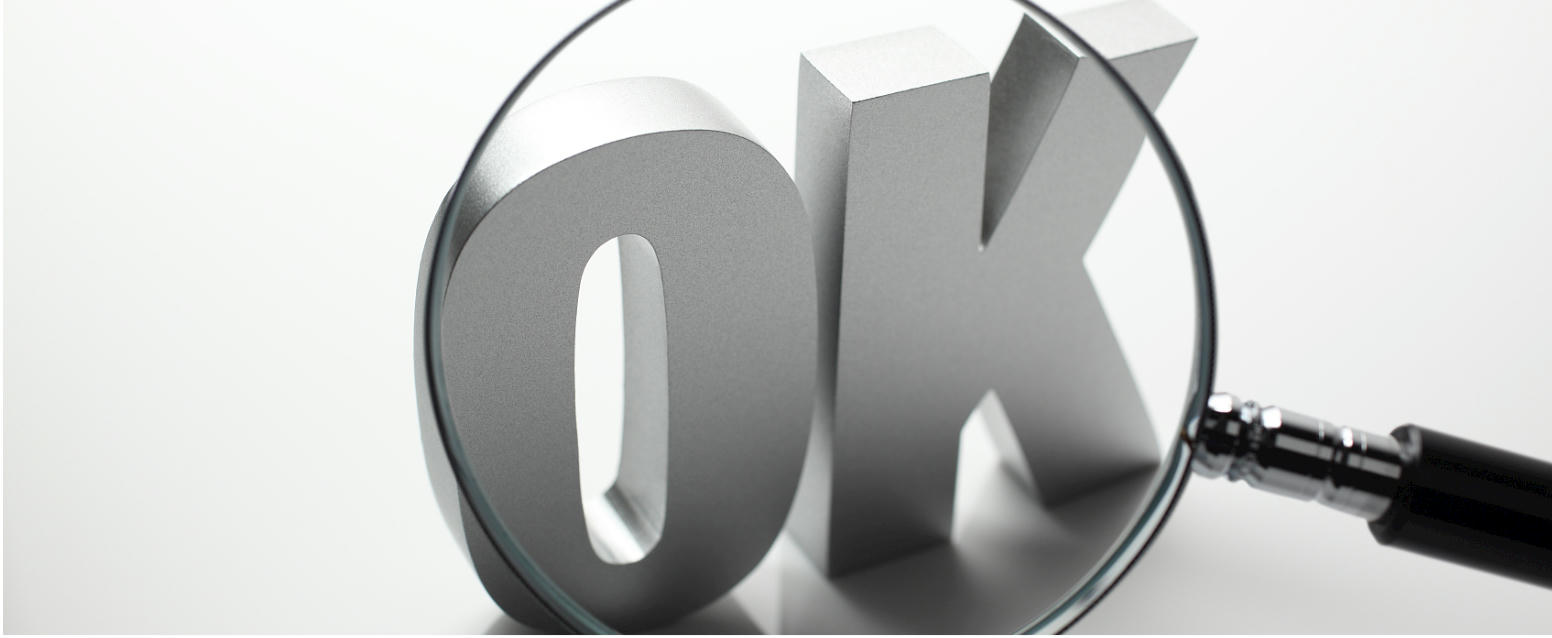Common Mistakes Many Exporters Make
590Below are some of the common mistakes many exporters make, as well as ways in which you should avoid them. 1. Expanding to too large of a geographic area Every country has its unique pe...
View detailsSearch the whole station
 During my work in China sourcing industry for about 20 years, I’ve met many procurement professionals. I noticed that qualified procurement professionals have 5 attributes in common.
During my work in China sourcing industry for about 20 years, I’ve met many procurement professionals. I noticed that qualified procurement professionals have 5 attributes in common.
1. Excellent communication skills
The procurement department often finds itself at the crossroads between multiple stakeholders: suppliers, customers, management, sales, etc. (If you need help identifying your company’s stakeholders, check out this article.) Excellent communication is essential. A procurement professional must be able to express him or herself clearly in writing and in conversation. Of course, a good communicator must also be able to listen in order to better understand the needs and perspectives of colleagues and suppliers.
2. Savvy negotiation skills
This skill goes hand in hand with communication skills. The ability to negotiate doesn’t just refer to the ability to get something at the cheapest possible price; negotiations usually involve conversations about quality, delivery date, future relations, and more. A good negotiator knows how to get the best value from a supplier while still maintaining a positive business relationship. Also, knowing when to take negotiations out of the boardroom and onto the golf course or into a more relaxed, social environment can be a key attribute as well.
3. Ability to prioritize
A great procurement professional knows how to prioritize. In a busy office, there will often be many fires that need to be put out all at once, so to speak. While the ability to multitask may come in handy, it’s absolutely useless if you don’t understand what tasks are more important than others. This skill can be honed with experience, but it may be difficult to teach. Being able to prioritize successfully means being able to efficiently analyze potential worse case scenarios and quickly rank which tasks need to be dealt with immediately and which can be put off until later.
4. Integrity
Integrity is important to many professions, but it is especially important in procurement. Integrity means doing what you say and saying what you mean. Integrity helps professionals become leaders within the company and well respected by those they deal with outside the company. Integrity also implies a sense of reliability; if they say they will get the job done, they’ll do it.
5. A positive attitude
A positive, can-do attitude may be the most important attribute of all since it can’t be taught. Look for someone who approaches problems as exciting challenges rather than tedious tasks and views procurement as an essential component of the company rather than a necessary evil. If they don’t see their job as important, how will they convince colleagues in other departments to follow through with the procurement process?
Below are some of the common mistakes many exporters make, as well as ways in which you should avoid them. 1. Expanding to too large of a geographic area Every country has its unique pe...
View detailsFor the importers who source from China, more and more realize that it is essential to arrange quality inspection for the products before they leave China. In most cases, the importers c...
View details“China Compulsory Certification”, abbreviated as CCC or 3C. The CCC certification mark is“CCC”, which was formulated by the National Certification and Accreditation Administration Committee in acc...
View detailsWhen importers decide to source from China, they must invest in developing good relationships with potential and existing Chinese suppliers. Three aspects are essential to implement a good...
View details
您好!Please log in